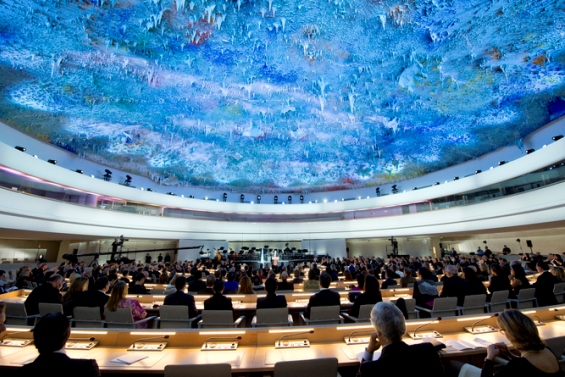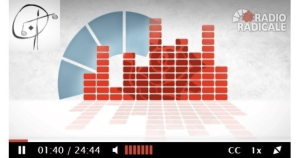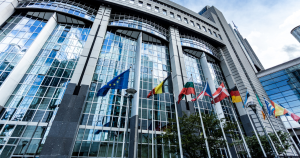Brussels, 15 January 2018
France underwent consideration of its third Universal Periodic Review this morning at the Human Rights Council in Geneva. Among the many issues raised and discussed was the question of the French response to genocide, specifically the prosecution of suspected Rwandan genocidaires living in France and the declassification of documents potentially relating to France’s role in the 1994 Rwandan genocide.
“One of the great obstacles for the fight against impunity is the lack of prosecution for war crimes, crimes against humanity and genocide by States of those residing within its borders who are suspected of committing those crimes,” said Niccolò Figa-Talamanca, Secretary-General of No Peace Without Justice. “More importantly, as highlighted during our 14 December panel discussion on “The Duty to Honour Victims by Preventing and Punishing Genocide”, it blocks not only accountability and redress, it also prevents forgiveness and reconciliation.”
“We therefore welcome this morning’s statements by France of their commitment to investigate and prosecute genocide allegedly committed by persons within their jurisdiction. We also call on the French authorities to step up their efforts in this regard and expedite the prosecution of suspected genocide perpetrators living in France,” a recommendation made by several States during this UPR cycle.
During the review session, some States – notably Rwanda, Mozambique and Guyana – recommended that the French Government declassify documents relevant to the Rwandan genocide, including documents relating to the role of French officials before, during and after the 1994 genocide. “Undoubtedly, the truth is an essential step towards and element in achieving justice and redress,” continued Dr Figa-Talamanca.
“We were heartened by the French response of openness to declassifying documents relating to the genocide and the work they have done and are doing towards this end. Without that, the truth may never be fully known. Access to documents like these facilitate achieving justice and redress for victims. It also supports the identification of issues that could strengthen prevention efforts and help governments respond more effectively to potential or actual genocide in the future,” he concluded.
For further information, contact Nicola Giovannini on ngiovannini@npwj.org




